News
Fantasia 2020: Brea Grant on ’12 Hour Shift’, ‘Lucky’, and the Love of Genre

Brea Grant is perhaps best known for her work as an actress (Beyond the Gates, Heroes, Dexter, After Midnight), but she’s proven herself to be a talented writer and director with a flair for genre cinema. At this year’s Fantasia Film Festival, she had two substantial projects premiering — 12 Hour Shift and Lucky.
12 Hour Shift — which Grant wrote and directed — is a darkly comedic organ heist film set in a dingy Arkansas hospital in 1999. The film stars genre favorite Angela Bettis (May, The Woman) and Chloe Farnworth (Departure), with David Arquette (Scream) in a stellar supporting role.
For Lucky, Grant wrote the script and plays the leading role. It’s a biting exploration of societal reactions of violence against women, spun through a satirical lens (you can read my full review here).
I had a digital sit down with Grant at this year’s Fantasia Festival, where we discussed her two festival-favored projects, the 90s, horror tropes, and her love of genre.
Kelly McNeely: So with 12 Hour Shift, you’ve got this amazing sort of organ harvest heist movie, which is such a cool concept for a movie, I love that it’s a dark comedy as well and that it’s got these really strong female leads. What was the genesis of that movie? What were your inspirations and influences when writing and directing?
Brea Grant: I feel like movies sort of end up coming from just so many sources, and I wish there was one specific one, but the ones that I’ll kind of throw at you, are I love urban legends from the 90s. I always loved the one about the person who woke up in their bathtub with their kidney missing, and someone had written on the mirror, like, “go to the hospital immediately”. And you know, the weird thing about growing up in a small town is you hear these urban legends, and I’d get convinced that it was something that happened in my small town, like I thought that that was a true story that happened in Marshall, Texas. So I think I’ve always kept that with me.
And this is sort of my story of what happened to that kidney, or why that kidney was missing — sort of a weird fucked-up version of that story. I think that and then also just, I’m from a small town, I’ve always wanted to write a crazy, wild story that has a lot of characters that remind meof people I grew up with. And I think those are the two main things that kind of got it going.
Now, with that urban legend again, from the 90s, was that one of the reasons why you wanted to set it in 1999?
Yeah! And also, I was a teenager in the 90s, and when I was writing the story and it was taking place in my town, it made more sense for me to kind of think of the town as I knew it. Because I haven’t lived there since I was 18, and I haven’t lived in Texas in almost 10 years. So, for me, it was about writing about the south and stuff and the small town worlds, but the way that I sort of know them.
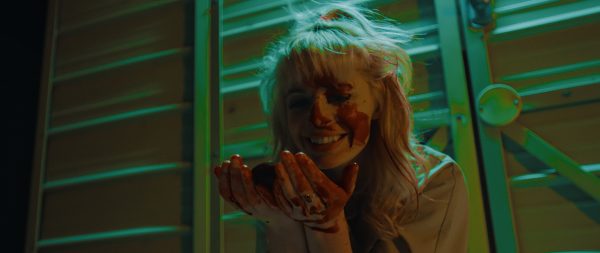
12 Hour Shift
I love that it’s got these really strong, powerful women in leading roles, because you don’t really see a ton of movies that have women in their 40s leading the show, which I think is a really fantastic choice. Was that something that you’ve had in mind when writing the script, or did that sort of come about in casting?
Thank you for noticing, no one has brought that up to me! You know, now that I’ve done a movie with two of my three main actresses being in their 40s, it’s all I want to do! [laughs] Because they’re so experienced, and they just take everything both seriously but also can really roll with the punches in an interesting way. I mean, Nikea Gamby-Turner, it’s one of her first leads in a movie and she was so wonderful and she just has a great aura on set, like she just brings so much happiness to set, and she’s a cancer survivor, and sort of everything she does she kind of takes with this, like a grain of salt, but really appreciates it at the same time.
With the writing, no! Actually the character of Mandy, when writing, I thought I might play her. But as we got closer to production, and we got greenlit, I wanted to really focus on and make sure the movie was the best possible movie I can make. And I know that unfortunately, when I’m acting, my directing suffers, and vice versa. And I’ve always been a fan of Angela’s and so when I decided not to be in it, we reached out to her. So it was actually written closer to the age of the Regina character, where they were about the same age. But now that I’ve done this, I’m telling you, like all I want to do is movies about women in their 40s and 50s. [laughs]
I love it too, especially set in the 90s. I feel like there is a bit of an edge to the 90s that really comes through in her performance, because, like, she’s just done with it, she’s just 100% done with it, and it reads so well, I think.
Yeah, it’s a bit of, like, the women that I knew in the 90s who were a little bit older than me, and they were so over it, and they all had that kind of hair that was, like, Maroon? You know, the Maroon 90s color? And I loved them so much. And they were so much more worldly than I was. I think that’s what Angela ended up embodying. And I think it super worked for this movie.
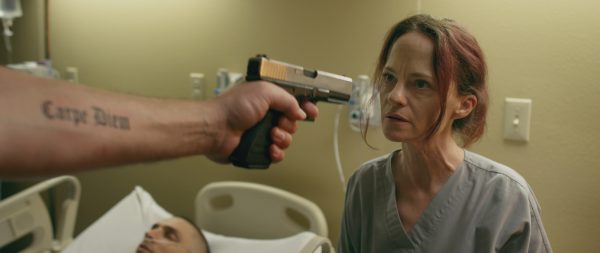
12 Hour Shift
Now Lucky, which I hear just got picked up by Shudder — so congratulations! — speaking of women and female roles, it’s very on-point in the way it discusses the relationships between women and other women, and women and men, that whole dialogue is really clever, I think. Where did the script come from? And what do you hope audiences take away from that film, because I feel like male and female audiences are probably going to nitpick at different little things and see different things out of it.
I think so, we had that response in test screenings where we were getting really different feedback. I actually never attended the test screens, but Natasha [Kermani, director] would send me all of the notes. And it was just really divided on gender lines of what their notes were, and the things they felt it needed or did not need. It’s a complicated movie, and I like that about it, that it has this complicated female lead, like 12 Hour Shift. I wasn’t trying to write a hero for either one, I wasn’t going for a Final Girl that makes all the right choices. I wanted to write these complicated female protagonists, and both are a little bit of an antihero in different ways.
I think people can take away from Lucky what they want. I mean, for me, I was kind of trying to write both a universal story about women and violence, violence against women, and the way that it is happening everywhere, whether or not you’re willing to see outside of your own world, if that makes sense. So the character of May is seeing all this very subjectively, and she reacts to it very subjectively, and a way that she thinks is the right way. And I wanted to show how maybe that is complicated. She doesn’t always make the best choices. She isn’t the most likable character, she has complications. And that is really interesting to me. I don’t think we have to have these perfect female leads when we’re watching movies.
Yeah, I think it’s more interesting to have these unapologetic female leads, because you don’t see that very often. In horror movies, there’s usually a little bit more complexities, but with the trope of the Final Girl, you don’t really see that Final Woman as much. Where she’s like, been through it, and she’s experienced more, and she’s not running around trying to save the kids. She’s running around saving herself and I really love that.
Okay, good. The trope of this nice virgin teenager I feel like I have seen, and I love those movies and I’m very grateful to horror for all of the amazing female protagonists that we have, I just wanted to do something more complicated.
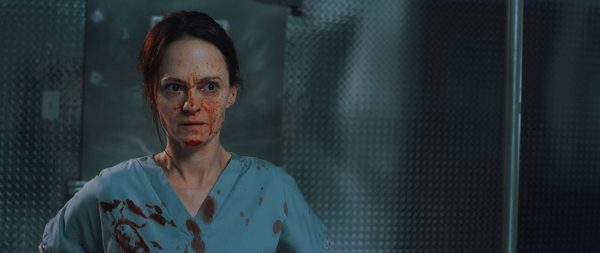
12 Hour Shift
Being a horror fan, as I know you are, when you were writing it did you kind of have in mind subverting those tropes? I think with the character of the Man as well, I really like that he’s not your typical — or stereotypical — slasher character. He’s not like this big, burly, scary guy. He’s just this guy. Did you have that in mind to play with those stereotypes a little bit when you were writing the script?
Well, the look of the man I have to give to Natasha. In the script, there was very little description. It was basically just that he wears a mask and you can’t tell who he is. But she came up with the idea that he was not a huge guy. He’s not Leatherface, he’s not someone that you can pick out of a crowd, which was really important, and he’s kind of more clean cut, which I do think is sort of scary, the more Hannibal scary side of things. But yeah, I was aware of all slasher movies. And I like slasher movies. But I didn’t want the movie to be about the man.
I think that what ends up happening in horror, and it’s not necessarily a bad thing, is that we watch Friday the 13th and Nightmare on Elm Street because we’re tuning in for Freddy Krueger, right? We’re tuning in for the bad guys, and I want people to tune in for the female lead instead of for this guy. It’s funny, when I was pitching it around, people were like, but how do we make the sequel? Because we have to make the Man someone we can recognize for the sequel, and we have to make him something, what is his next movie? And I’m like, he doesn’t get another movie [laughs] I don’t care about that guy.
I like that the man is different for each woman too, every woman has her own version of this guy, because I think we all do. There’s always like that person, you know?
Yeah, for sure. And I think if I had designed what the Man looked like for me, he would look like probably a different person than the one Natasha would design, and I think it all just comes from our personal experiences about what we’ve sort of maybe experienced when it comes to being a woman in the world.
Absolutely, yeah. Now you’ve done a lot of different roles between directing and acting, producing, writing; is there an area you’re most comfortable in, and is there an area you’d like to explore more?
Because I’ve just done so much acting, it is a place I’m quite comfortable in. I do feel challenged by it sometimes, but not as much as I used to, and I think me– just as a person — I’m always looking for a challenge. And I’m looking for the thing that scares me and the thing that will really push me to explore new parts of myself. So at this point in my life, I’m definitely leaning into the writing and the directing for different reasons. It’s interesting. COVID has really changed a lot of things. But the one thing I really like about where my career is, is that I spent quarantine writing. And I’ve gotten to work on some really cool projects, because I can do it from my laptop, which as an actor, obviously, you can’t do, and as a director, you can’t do really either — I guess unless you’re making that movie Host [laughs]. But yeah, I think comfortable acting, but the other stuff is feeling challenging, but also more fitting for my personality.
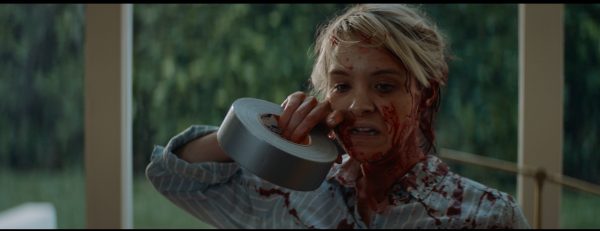
Lucky
Now again, as an actress playing this character that you wrote, when you were writing it, did you kind of have your own cadence and things in mind? Or does it sort of come out when you were acting in it? What was that process like, acting in a role that you’d written?
Well I didn’t write it for myself to be in, so I thought I might be directing it. I wasn’t sure. And I’ve had different actresses attached to it at different times before we made it. So I just always pictured a woman who had it together in a way that I never feel like I have it together [laughs]. So it’s so weird that I ended up playing this role. But when Epic wanted to make it, they came to me and they said, we would like Natasha to direct it and we’d like you to play the lead.
I did think about it for a while, if I wanted to do it, and I ended up deciding that would be a nice way for me to stay involved with a movie that I really cared about. Because I had written this character and created her, I didn’t feel like it was a huge stretch for me to kind of get into her skin. I think she’s very, very different than I am, and there are definitely days where I felt like I was bringing too much Brea into May, but I think overall it was a fun stretch for me, because I am often cast as like, somebody’s best friend or somebody’s girlfriend, and usually someone kind of bubbly, and this was obviously a little bit of a darker character.
You did a fantastic job with it. And she is very together, so when everything starts to unravel, it’s really interesting watching her dealing with that and coping with that.
Thank you. And you know, what’s so interesting, I found on the set, I had just directed 12 Hour Shift and then I went and did Lucky as an actor, and we spent a lot of time — Natasha and our costume designer, Brianna Quick, and I — looking at clothes. And that was the thing that really got me into the head of May, and Natasha’s vision for May is that her clothes are very specific. And I don’t think we use hardly anything of mine. And normally on indie movies, I bring a lot of my own clothes, and I end up wearing a lot of my own clothes. But I was wearing these clothes that are just not the kind of things I would normally put on my own body. I never wear a button up, ever, [laughs] and May loves a button up. But it helps me to really see May as a different kind of person than I am.
Now again, I know you’re a fan of the horror genre, and genre in general. Do you want to keep working and writing and directing genre films? Is that something you really enjoy doing?
Yeah! Yeah. It’s very fun to get to make stuff in the genre world because you can be really creative, and I think because it’s what I consume as a viewer, It’s what I’m always going to be writing and be drawn to. I think for me, I love the genre, I definitely add a lot of comedy to it. So I end up doing a lot of things that are satirical or horror comedy.
But my favorite thing to do is play with horror tropes. I love, I love that the horror audience has this collective knowledge of the tropes and the things that we’re doing. And I can use that collective knowledge and make something on top of that. That’s 100% what I want to be doing all the time. But I just came off directing a TV show that was science fiction, and I love sci-fi, I love big things in space, that is just this whole other thing. But it’s the same kind of stuff where you’re just getting to be imaginative. We’re just kids. We’re just kids getting to play what we like to watch.
One of the things I love about the horror genre is that it really feels like there are no rules. If you make a drama or comedy you kind of have to stick with a lot of “real world” rules. If there’s technology involved, you have to stick within those rules, but with horror you can throw that out the window and do as much as you want, and just kind of work it into the script, or you don’t have to work into the script, you can just make it not be a thing. And it’s really interesting how it gives so much creative opportunity.
Yeah, and I think the audience likes it, they like the creativity of all of it, and they like you to bend the rules a little bit. I like that aspect of the genre itself.
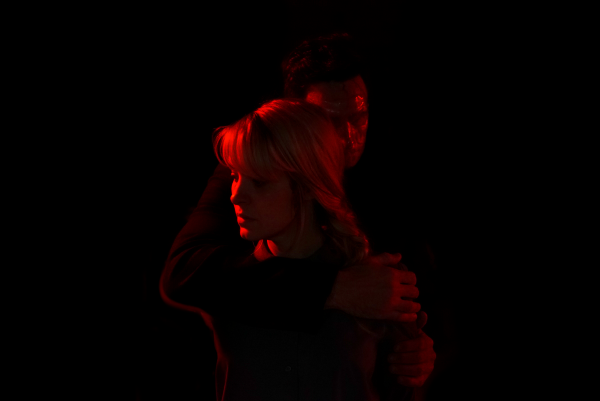
Lucky
Do you have a favorite horror genre or subgenre?
Yeah, I mean, what would you call that, the ones that are playing with tropes. Those are the ones that I tend to be drawn to. And horror comedy. I love a horror comedy and I love monster movies in any way shape or form. I kind of miss the Gremlins aspect of horror where they are the kind of “all ages” like cute monster, but I also love a straight up monster movie. One that I love is Attack the Block, which I think of as like a monster movie.
That’s one of my favorite movies!
Oh my god, it’s such a great movie. And because I think it’s hard to do it on a budget, they don’t get made as often. But I do really like them and the trope — I don’t know the name of this — like trope subversion horror. Like Tucker and Dale vs Evil, things like that, right? Like you’re playing with this collective knowledge. I love that.
Yeah! Dude Bro Party Massacre III is a really good example of that as well.
Yeah, that’s a good one! Yeah, yeah, yeah. Where you’re like “we know” and there’s a wink to the audience. I love a wink.
Listen to the 'Eye On Horror Podcast'
Movies
Another Creepy Spider Movie Hits Shudder This Month
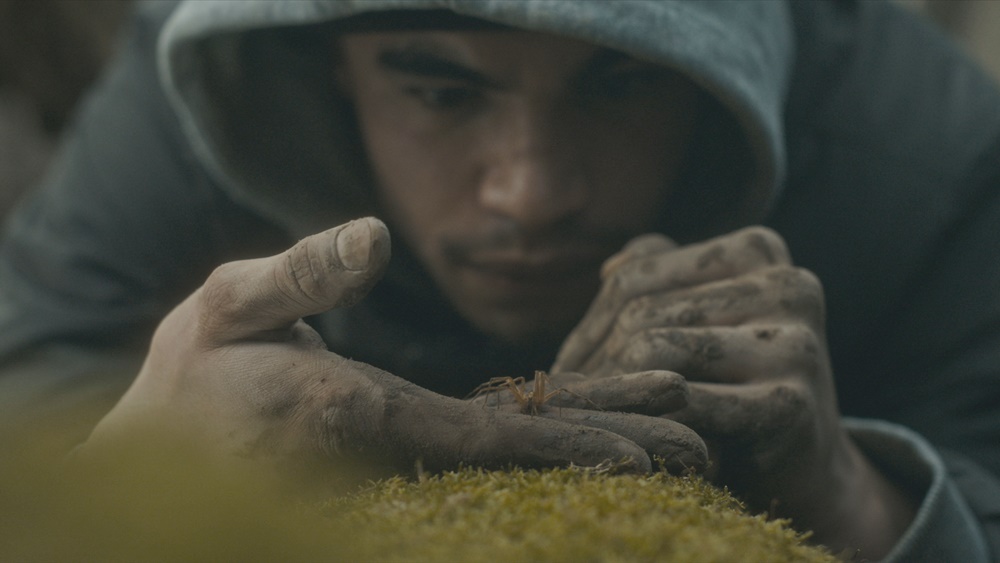
Good spider films are a theme this year. First, we had Sting and then there was Infested. The former is still in theaters and the latter is coming to Shudder starting April 26.
Infested has been getting some good reviews. People are saying that it’s not only a great creature feature but also a social commentary on racism in France.
According to IMDb: Writer/director Sébastien Vanicek was looking for ideas around the discrimination faced by black and Arab-looking people in France, and that led him to spiders, which are rarely welcome in homes; whenever they’re spotted, they’re swatted. As everyone in the story (people and spiders) is treated like vermin by society, the title came to him naturally.
Shudder has become the gold standard for streaming horror content. Since 2016, the service has been offering fans an expansive library of genre movies. in 2017, they began to stream exclusive content.
Since then Shudder has become a powerhouse in the film festival circuit, buying distribution rights to movies, or just producing some of their own. Just like Netflix, they give a film a short theatrical run before adding it to their library exclusively for subscribers.
Late Night With the Devil is a great example. It was released theatrically on March 22 and will begin streaming on the platform starting April 19.
While not getting the same buzz as Late Night, Infested is a festival favorite and many have said if you suffer from arachnophobia, you might want to take heed before watching it.
According to the synopsis, our main character, Kalib is turning 30 and dealing with some family issues. “He’s fighting with his sister over an inheritance and has cut ties with his best friend. Fascinated by exotic animals, he finds a venomous spider in a shop and brings it back to his apartment. It only takes a moment for the spider to escape and reproduce, turning the whole building into a dreadful web trap. The only option for Kaleb and his friends is to find a way out and survive.”
The film will be available to watch on Shudder starting April 26.
Listen to the 'Eye On Horror Podcast'
Movies
Part Concert, Part Horror Movie M. Night Shyamalan’s ‘Trap’ Trailer Released
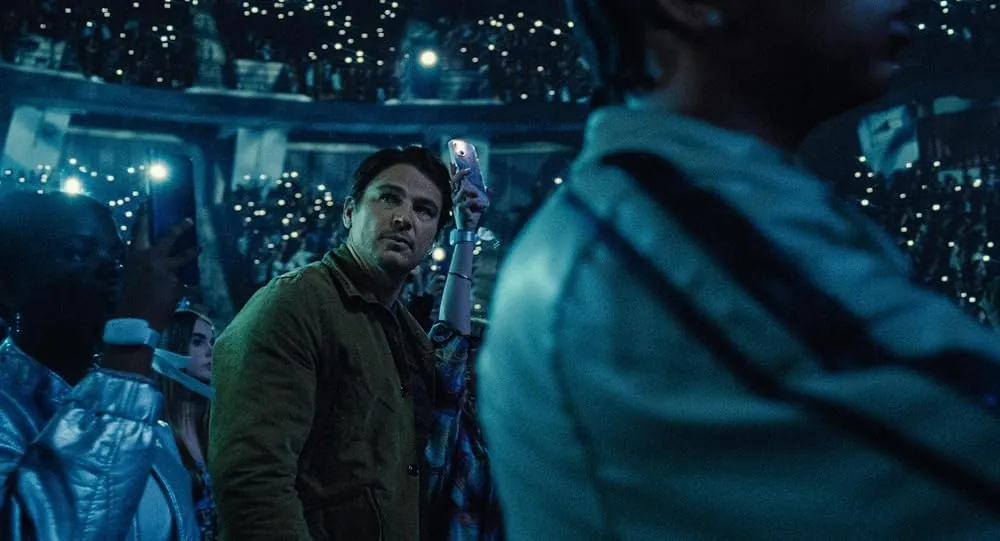
In true Shyamalan form, he sets his film Trap inside a social situation where we aren’t sure what is going on. Hopefully, there is a twist at the end. Furthermore, we hope it’s better than the one in his divisive 2021 movie Old.
The trailer seemingly gives away a lot, but, as in the past, you can’t rely on his trailers because they are often red herrings and you are being gaslit to think a certain way. For instance, his movie Knock at the Cabin was completely different than what the trailer implied and if you hadn’t read the book on which the film is based it was still like going in blind.
The plot for Trap is being dubbed an “experience” and we aren’t quite sure what that means. If we were to guess based on the trailer, it’s a concert movie wrapped around a horror mystery. There are original songs performed by Saleka, who plays Lady Raven, a kind of Taylor Swift/Lady Gaga hybrid. They have even set up a Lady Raven website to further the illusion.
Here is the fresh trailer:
According to the synopsis, a father takes his daughter to one of Lady Raven’s jam-packed concerts, “where they realize they’re at the center of a dark and sinister event.”
Written and directed by M. Night Shyamalan, Trap stars Josh Hartnett, Ariel Donoghue, Saleka Shyamalan, Hayley Mills and Allison Pill. The film is produced by Ashwin Rajan, Marc Bienstock and M. Night Shyamalan. The executive producer is Steven Schneider.
Listen to the 'Eye On Horror Podcast'
News
Woman Brings Corpse Into Bank To Sign Loan Papers

Warning: This is a disturbing story.
You have to be pretty desperate for money to do what this Brazilian woman did at the bank to get a loan. She wheeled in a fresh corpse to endorse the contract and she seemingly thought the bank employees wouldn’t notice. They did.
This weird and disturbing story comes via ScreenGeek an entertainment digital publication. They write that a woman identified as Erika de Souza Vieira Nunes pushed a man she identified as her uncle into the bank pleading with him to sign loan papers for $3,400.
If you’re squeamish or easily triggered, be aware that the video captured of the situation is disturbing.
Latin America’s largest commercial network, TV Globo, reported on the crime, and according to ScreenGeek this is what Nunes says in Portuguese during the attempted transaction.
“Uncle, are you paying attention? You must sign [the loan contract]. If you don’t sign, there’s no way, as I cannot sign on your behalf!”
She then adds: “Sign so you can spare me further headaches; I can’t bear it any longer.”
At first we thought this might be a hoax, but according to Brazilian police, the uncle, 68-year-old Paulo Roberto Braga had passed away earlier that day.
“She attempted to feign his signature for the loan. He entered the bank already deceased,” Police Chief Fábio Luiz said in an interview with TV Globo. “Our priority is to continue investigating to identify other family members and gather more information regarding this loan.”
If convicted Nunes could be facing jail time on charges of fraud, embezzlement, and desecration of a corpse.
Listen to the 'Eye On Horror Podcast'
-
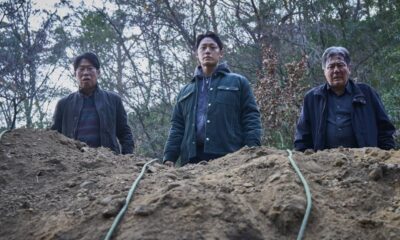
 News3 days ago
News3 days agoThis Horror Film Just Derailed a Record Held by ‘Train to Busan’
-
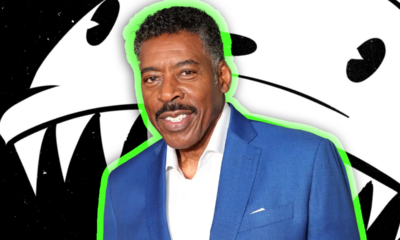
 Movies7 days ago
Movies7 days agoErnie Hudson To Star In ‘Oswald: Down The Rabbit Hole’
-
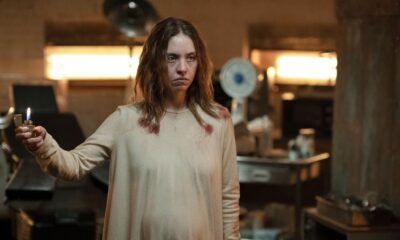
 Movies3 days ago
Movies3 days agoWatch ‘Immaculate’ At Home Right Now
-
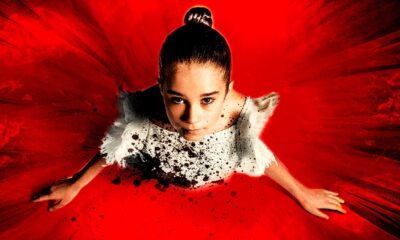
 News4 days ago
News4 days agoRead Reviews For ‘Abigail’ The Latest From Radio Silence
-
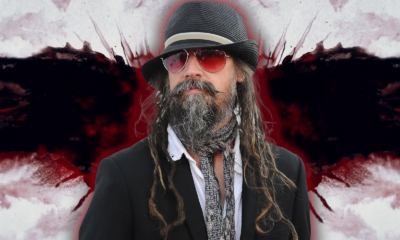
 Editorial5 days ago
Editorial5 days agoRob Zombie’s Directorial Debut Was Almost ‘The Crow 3’
-
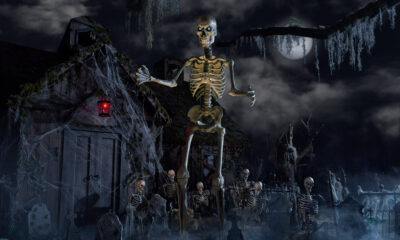
 News2 days ago
News2 days agoHome Depot’s 12-Foot Skeleton Returns with a New Friend, Plus New Life-Size Prop from Spirit Halloween
-
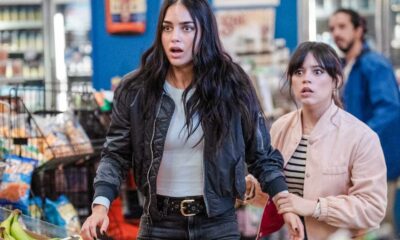
 News4 days ago
News4 days agoMelissa Barrera Says Her ‘Scream’ Contract Never Included a Third Movie
-
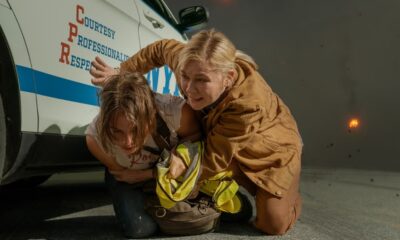
 News3 days ago
News3 days agoA24 Joins Blockbuster Movie Club With Their Biggest Opening Ever
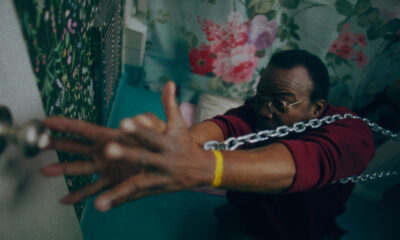

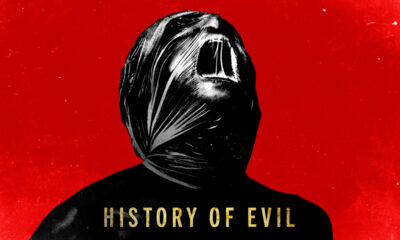

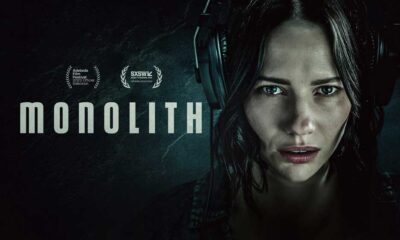


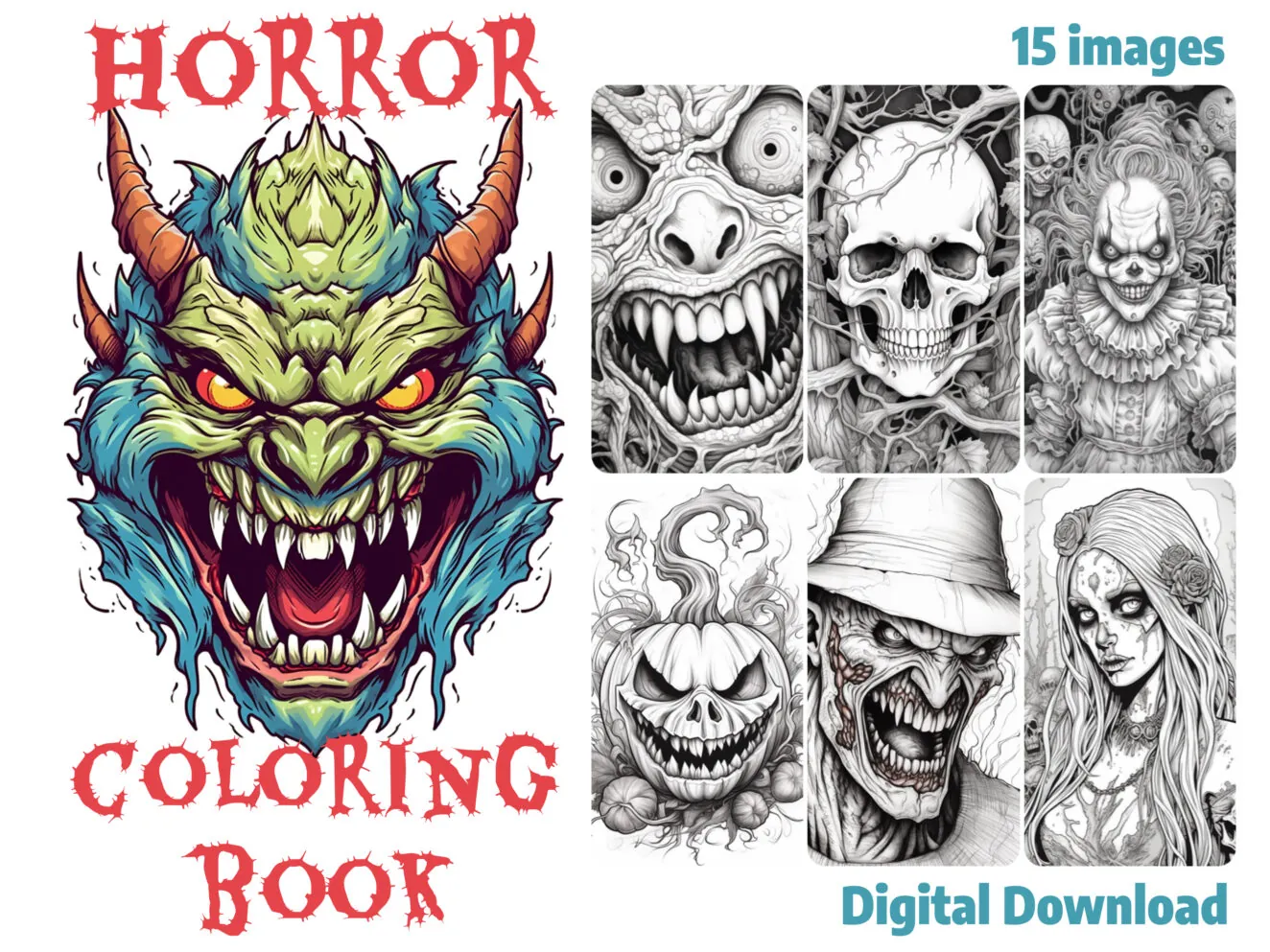
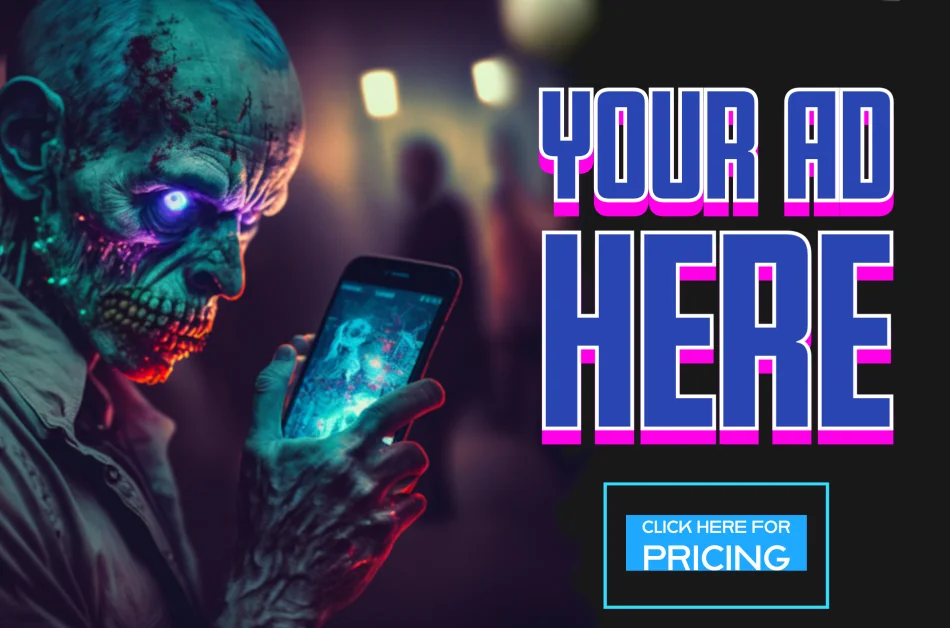


















You must be logged in to post a comment Login